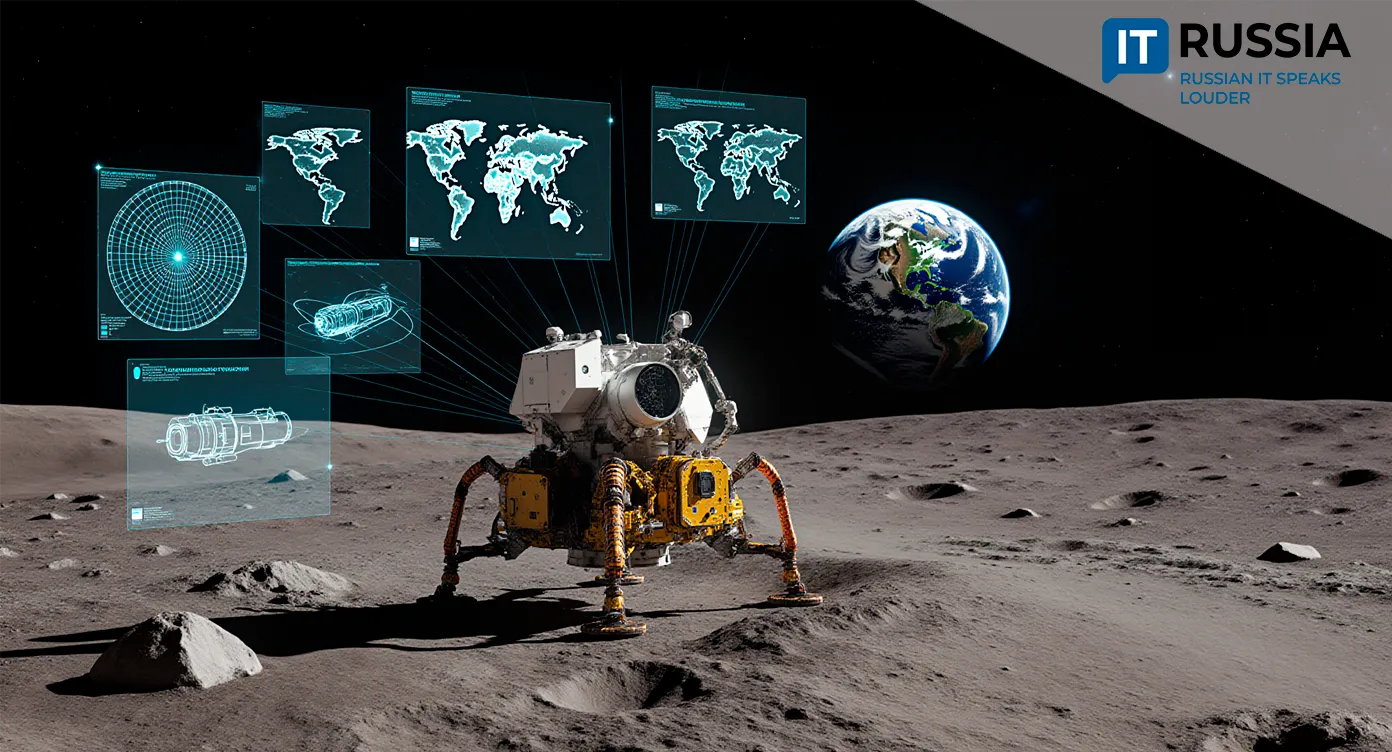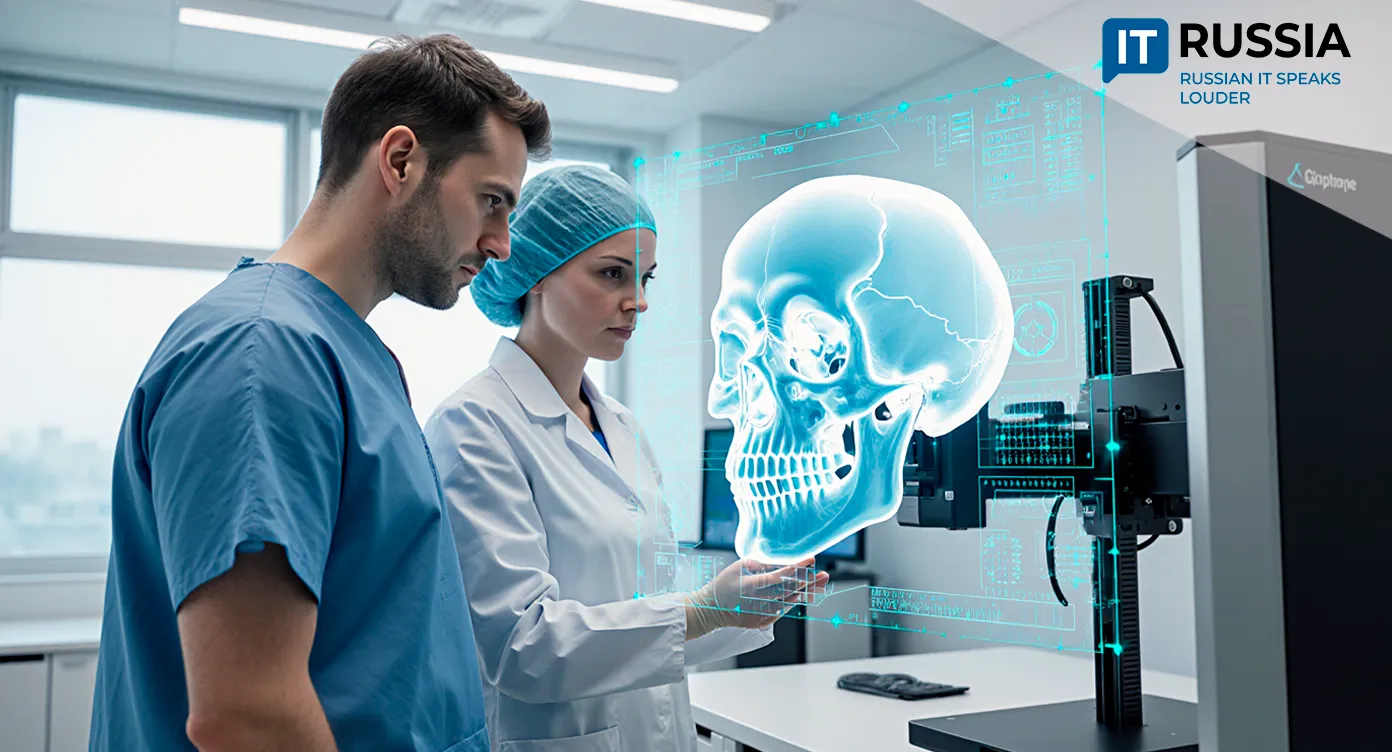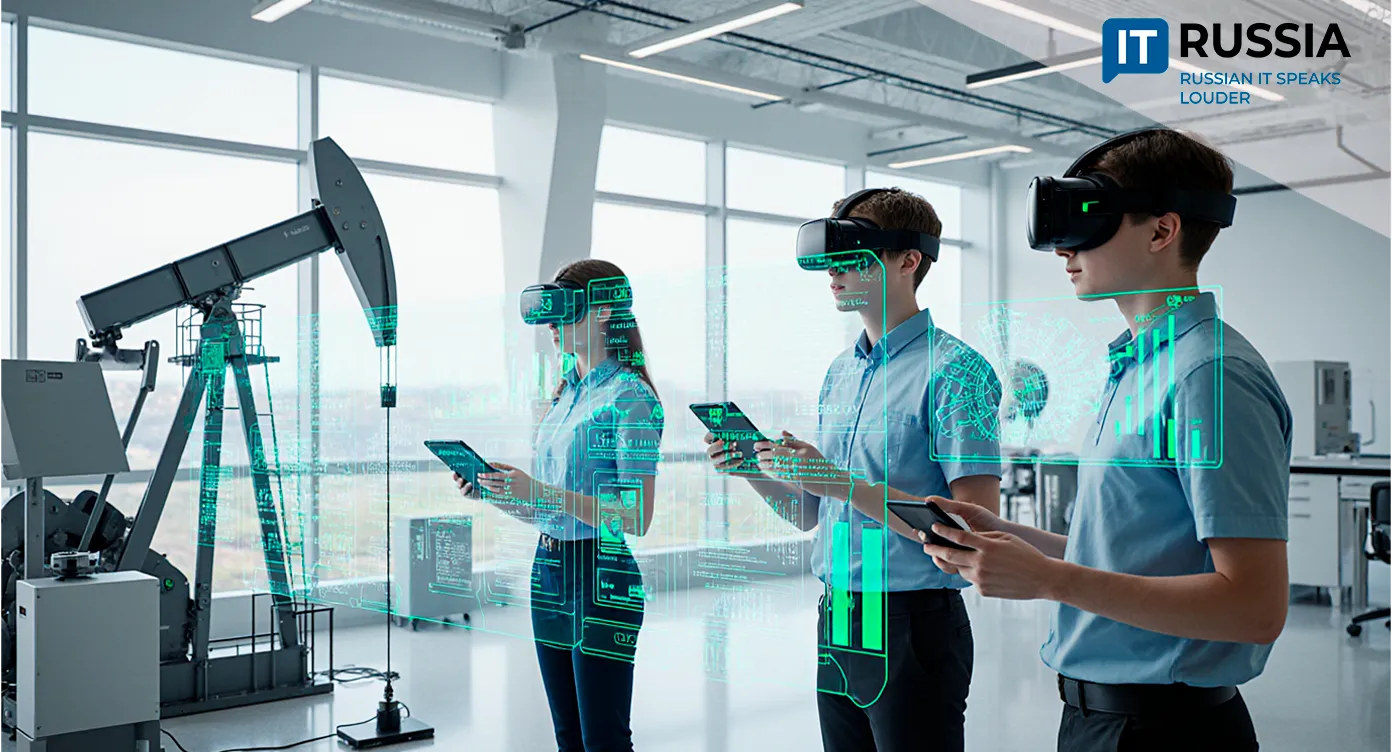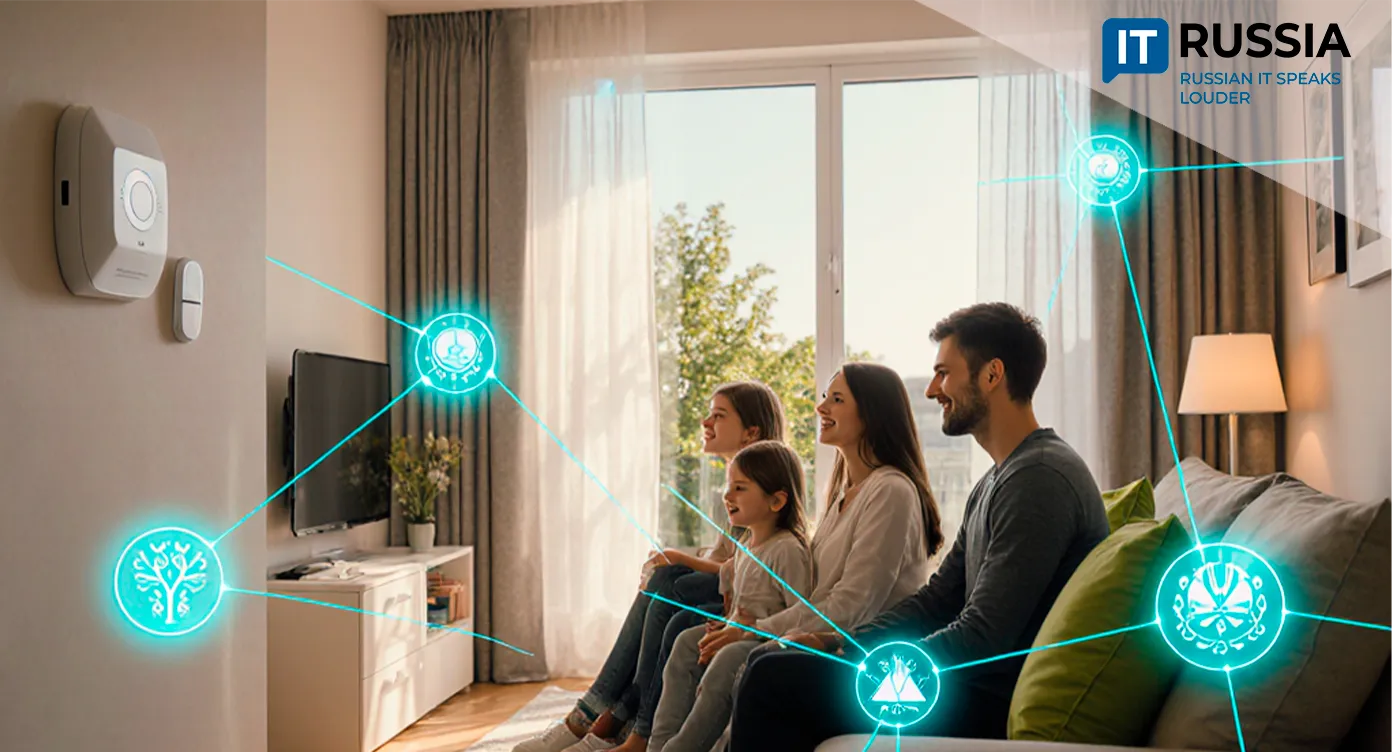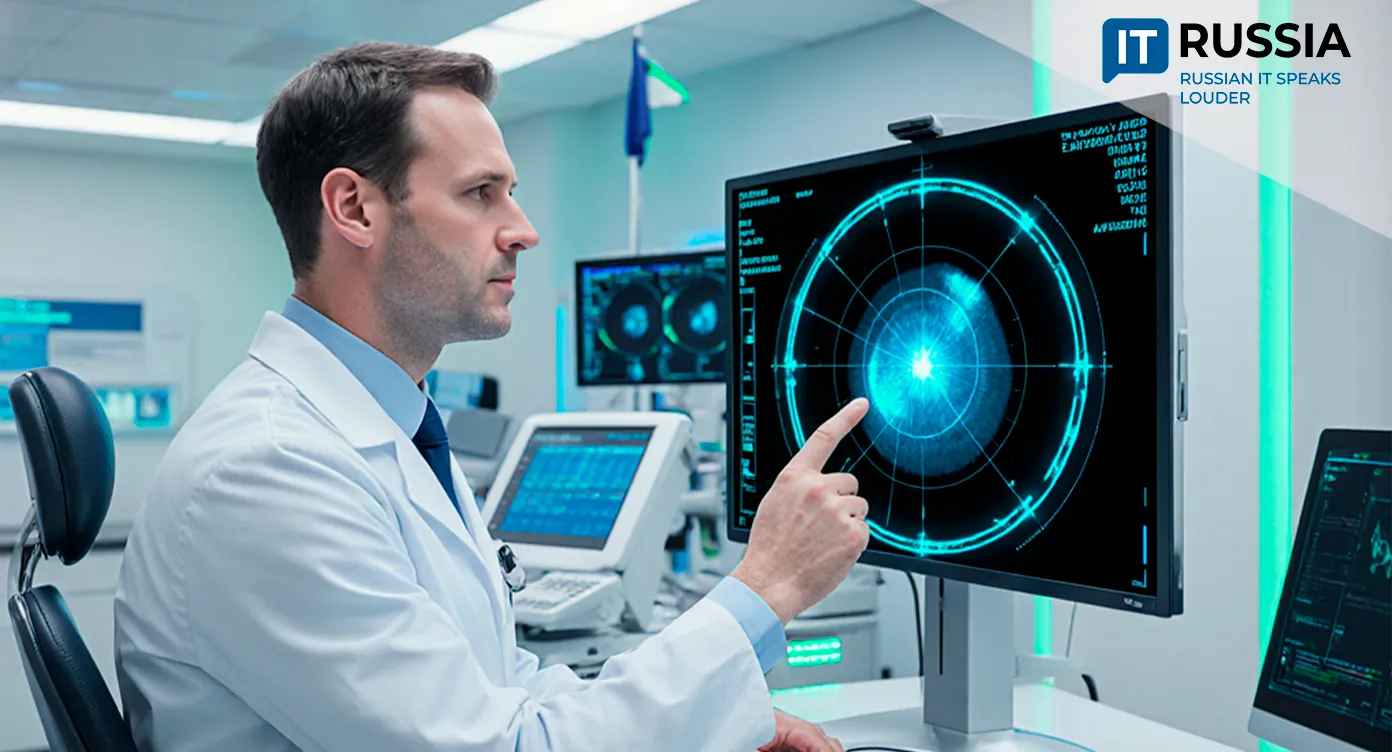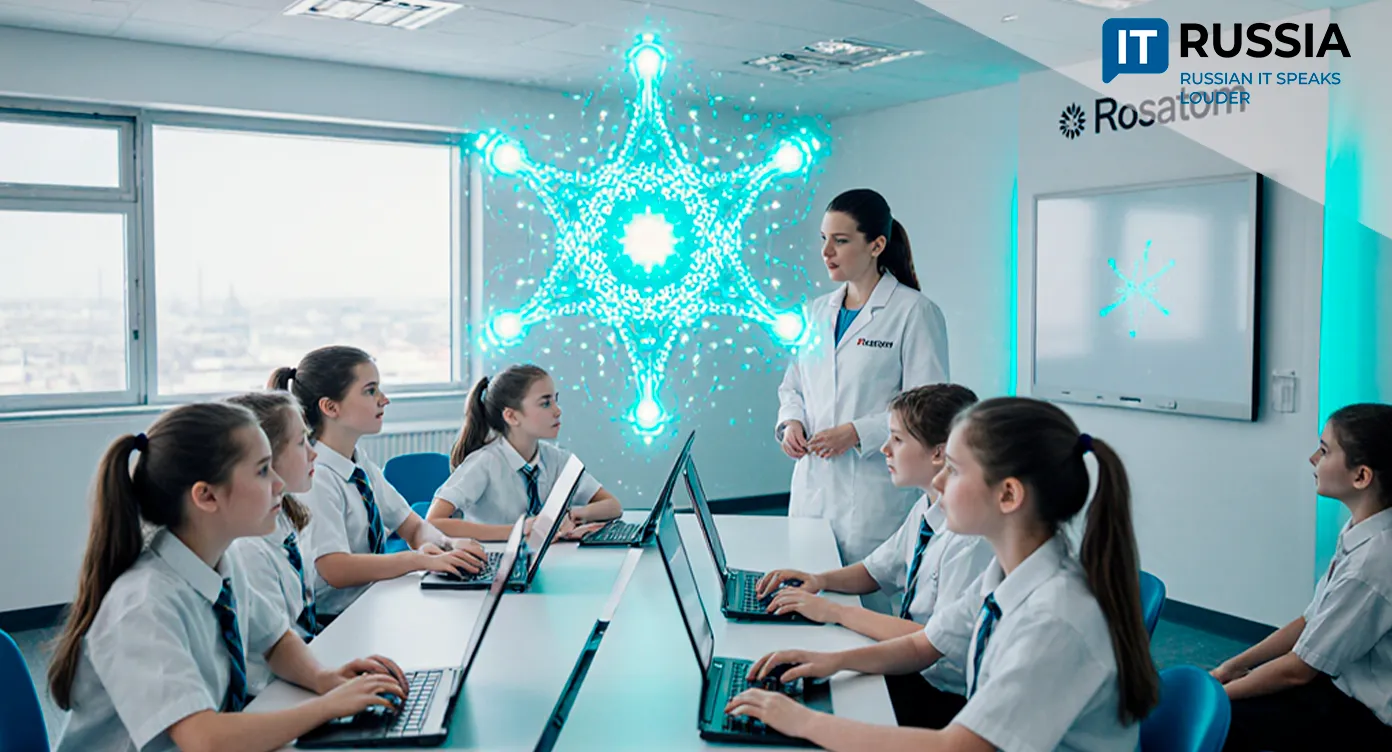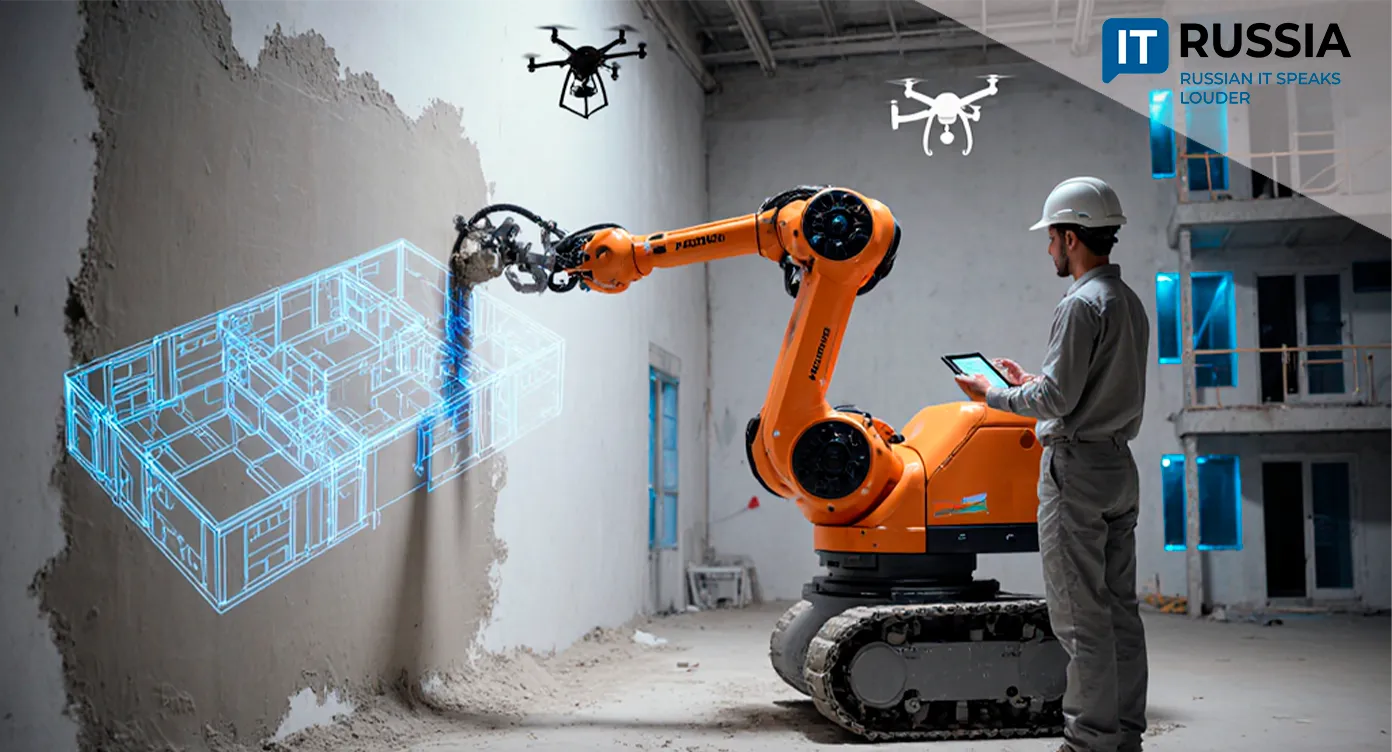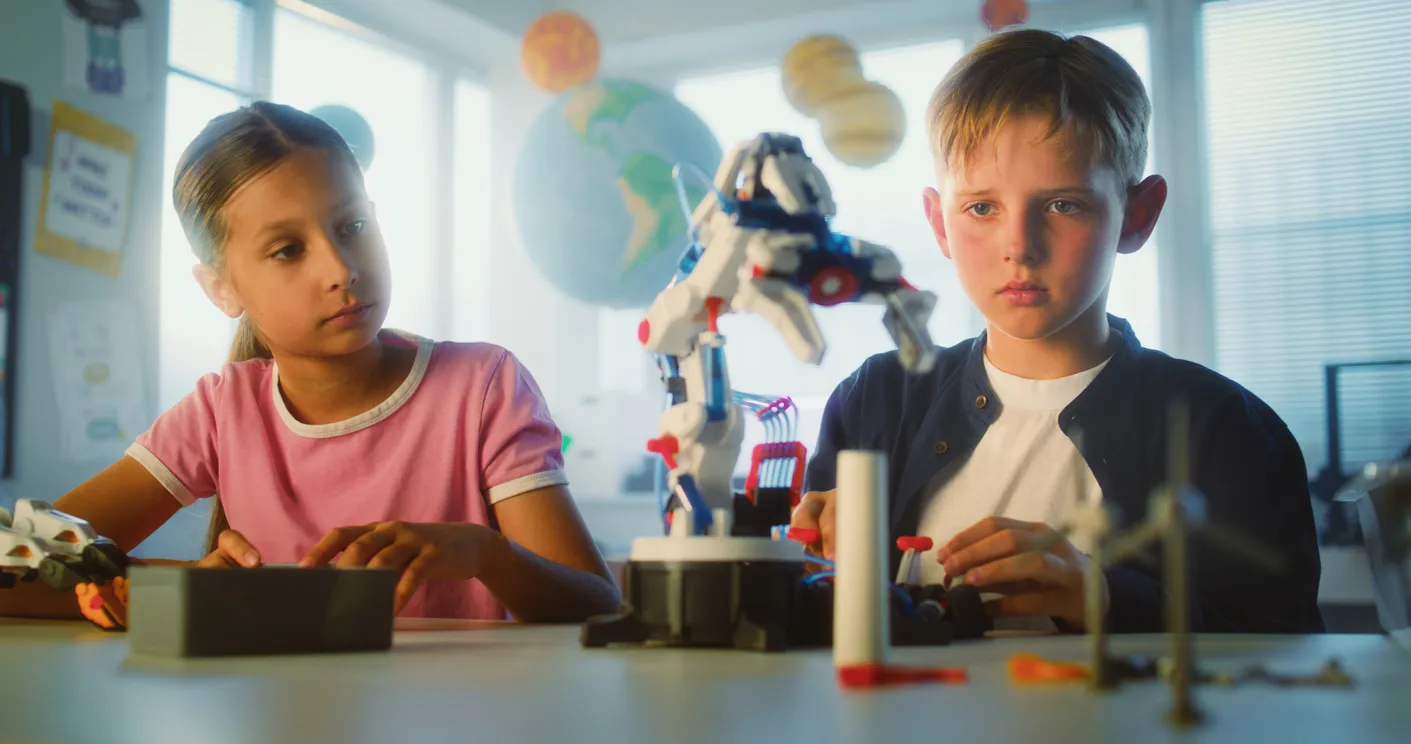Russia Begins Using AI for Early Diagnosis of Cerebral Palsy
Scientists in St. Petersburg have developed a technology that can detect central nervous system pathologies in infants within minutes. Early diagnosis makes timely rehabilitation possible, including for cerebral palsy (CP).
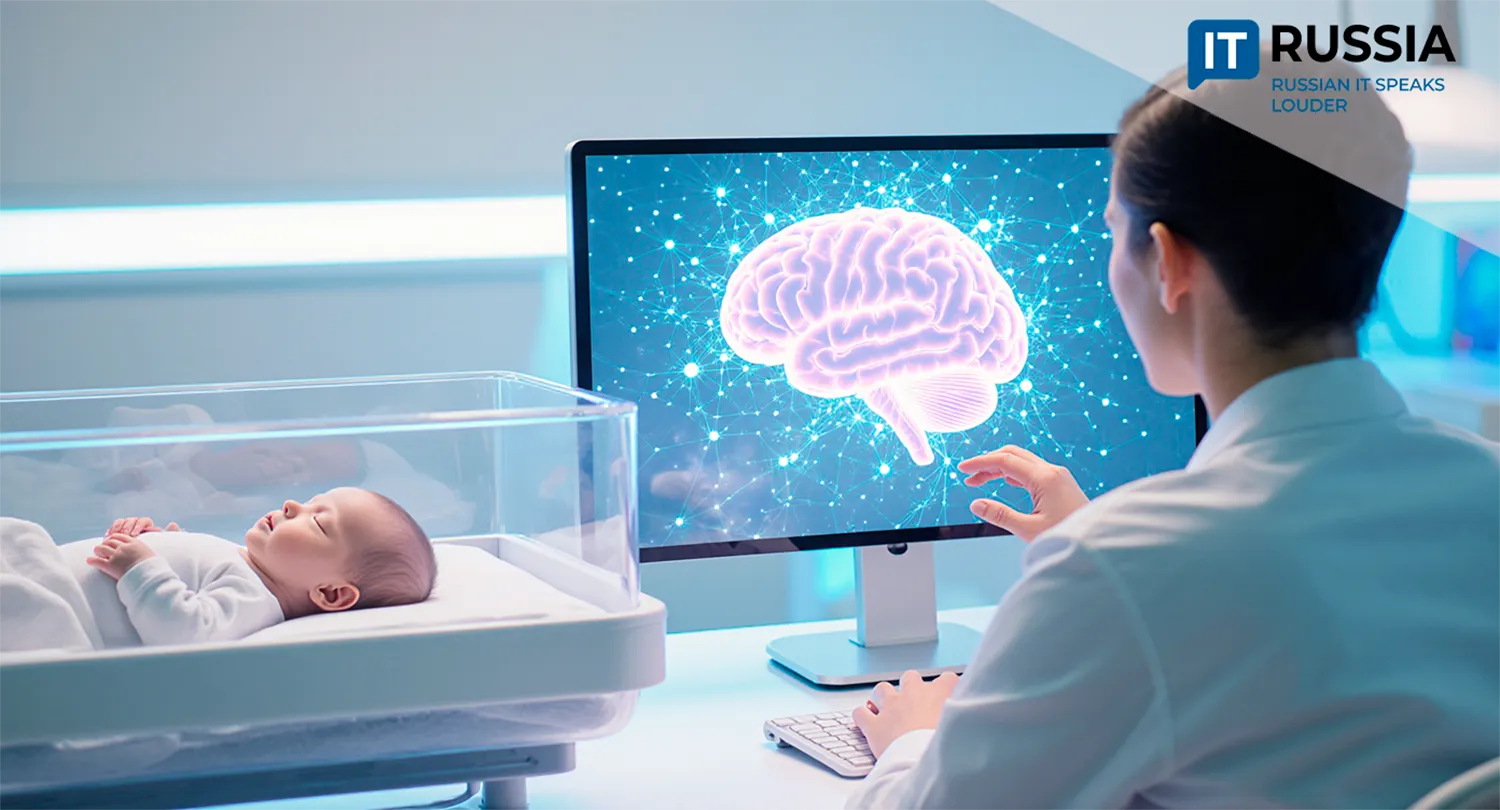
AI Serving Medicine
Specialists at St. Petersburg State Pediatric Medical University, together with Yandex Cloud and the School of Data Analysis, have created a neural network-based system. The new system automatically segments gray and white matter in the brains of children under one year old using MRI scans. This makes diagnosing central nervous system pathologies (including CP) in infants much faster, more accurate, and more objective.
Currently, early diagnosis of such conditions is highly challenging: clinical symptoms usually appear at 18–24 months, and MRI processing requires both time and expertise. Moreover, no age-specific standards exist for brain volumes, while manual segmentation is time-consuming and subjective. The use of neural networks (including U-Net, ResNet, and similar architectures) and Yandex Cloud’s infrastructure for rapid image processing and automated gray- and white-matter segmentation reduces the analysis time to just a few minutes.
This new invention by Russian researchers illustrates how domestic IT resources are being applied in a critical area of medicine—pediatrics. The outcome is better child health overall, reduced consequences of late diagnosis, lower healthcare costs, fewer errors, and more equitable access to screening (especially in remote regions).
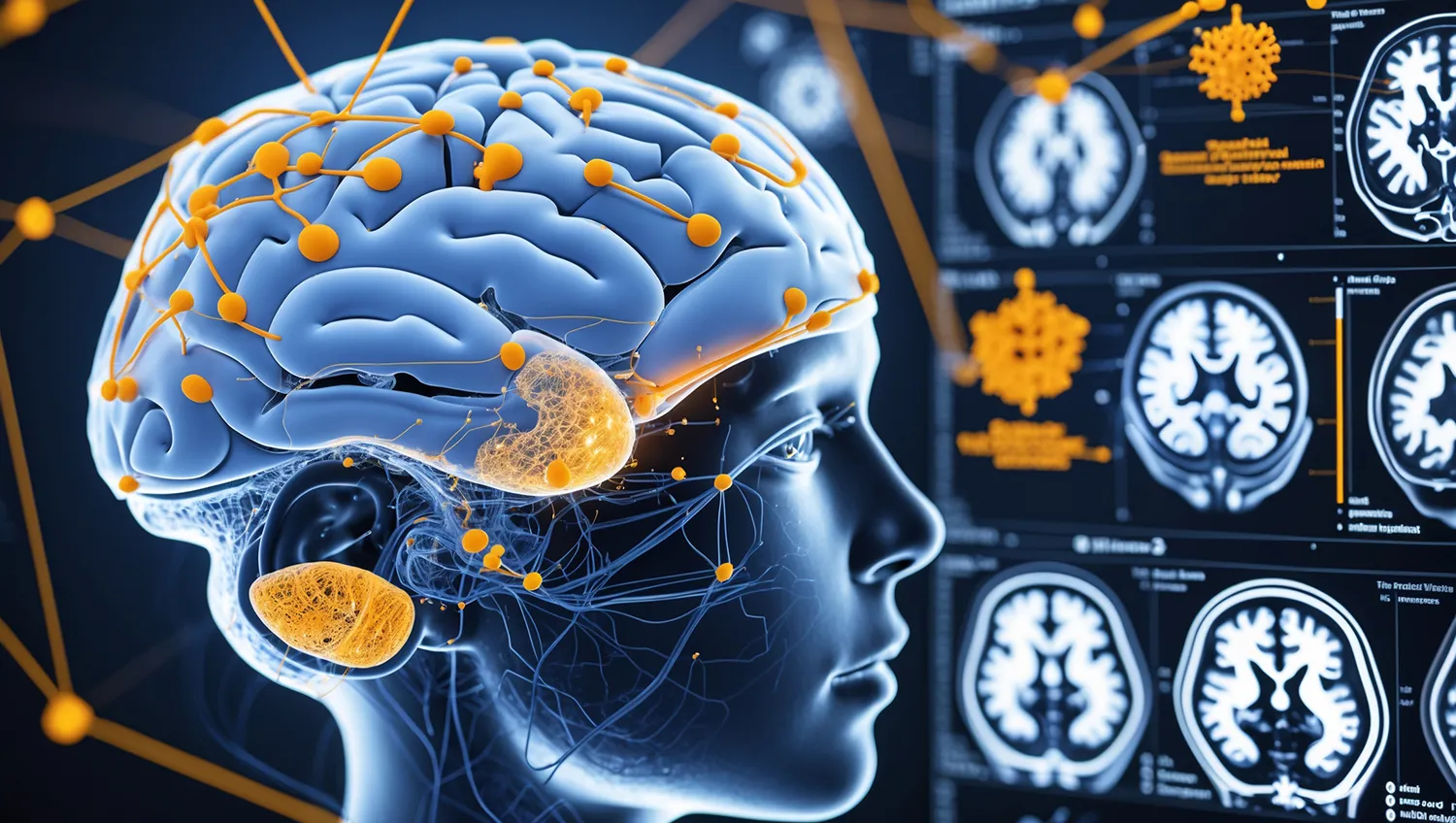
Accessible Diagnostics
The technology has strong potential for scaling across regions—particularly in areas with limited access to specialists, where AI can help fill the gap. With this system, AI tools will be integrated into clinical practice, enabling the standardization of age-related brain matter norms, setting benchmarks, and potentially incorporating them into guidelines from the Ministry of Health or regional healthcare systems.
Over time, specialists could expand the range of conditions AI can diagnose. Beyond CP, other brain pathologies, neurological diseases, and autism may be included. Interfaces for physicians will need to be developed, alongside training programs for working with these tools.
Given its relevance, the technology could also become an export product for foreign countries facing similar challenges in infant diagnostics and shortages of specialists. Russia has a chance to create competitive medical software and AI solutions.

Global Research
The shift toward AI-based diagnostics is gaining momentum worldwide. In Sweden, a machine learning model using 28 indicators identifies autism risk in children under two years old with 80% accuracy. In Australia, the Baby Moves technology analyzes smartphone videos of infant movements, identifying 76% of abnormal motor patterns linked to potential CP. These AI tools focus on “visible” signs of pathology without requiring expensive equipment.
Globally—including in Russia—research into segmentation and automated visualization is increasing. However, their application often remains limited, with many projects staying at the pilot or laboratory stage. Full integration into clinical workflows is still rare.
Universal Services and Federal Standards
The SPbGPMU and Yandex Cloud project marks a significant step toward early CNS diagnostics in infants.
Within the next two years, pilot tools are expected to appear in major city clinics. Within five years, federal standards should be developed, with an expanded range of diseases included. Export to CIS countries and other nations with similar needs is also likely.
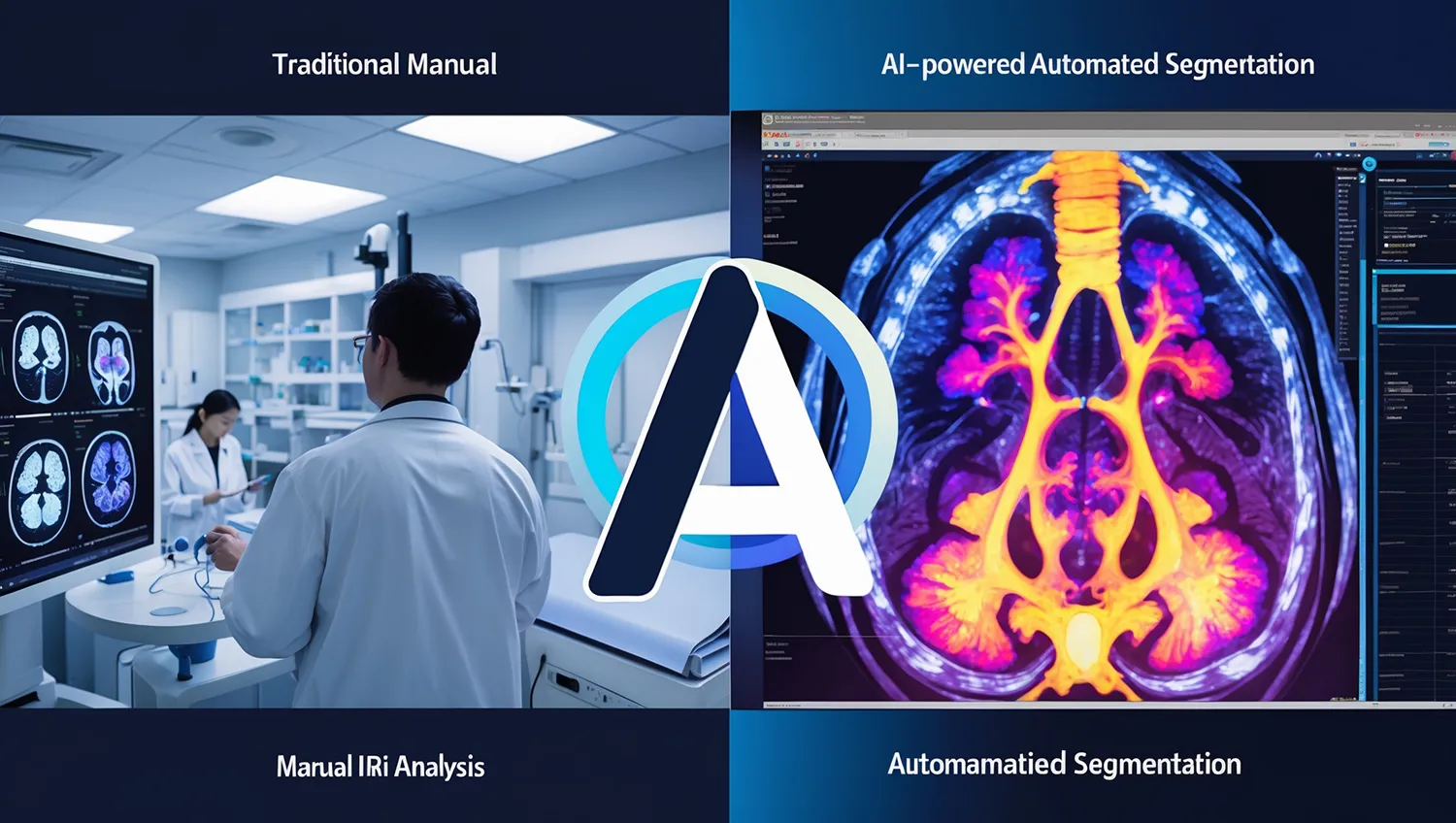
In the long term, deeper integration of AI diagnostics into pediatric practice can be expected. Universal services may emerge, allowing parents to upload data and receive developmental tracking, preventive consultations, and personalized support.
At the same time, risks must be considered: challenges include data protection and anonymization, variable image quality, and differences in professional expertise. To mitigate these, centralized infant MRI databases with high-quality labeling are needed, alongside strong state support and involvement from medical associations. Norms must also reflect regional and demographic specifics.














